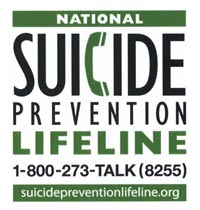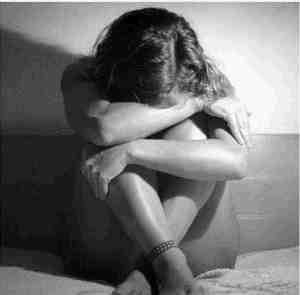I have rarely suffered this sensation before of staring at a
blinking curser immobilized and incapable of finding the right words. Words were never elusive before, even when
emotions like happiness and contentment were.
Yet, now I sit here erect and feeling empty, wondering where all the
words have gone. Where are the emotions
that would fall insistently forth upon the empty screen or blank page? Where
are the feelings incapable of being contained, bursting seams and breaking
barriers? Where are the voices ceaselessly petitioning for an outlet? Now I
prayerfully implore them to come out and play, to reveal themselves and vacate
their secret hiding places.
I admit I have been dishonest, yet, for constant creative words
were absent for many years. I was
unaware of their absence, though, or I didn’t miss them as I was then assisting
others to spark their individual imaginations or kindle their creativity. I didn’t know that my own voice was being
hushed and quieted until I was left completely alone. When I finally spoke up again, with my own,
most authentic voice, however soft or shushed, I yearned to be surrounded with
wonderful words again – to write, invent, express, emote.
I further realized that in addition to damning voices of a
fearful and agitated authority, my medications were muting me. That immense creativity and passion that had
once been present had become absent in my lethargy, but I accepted this as a
component of my necessary stability. After
a change of medication, I had regained a voice I didn’t know how critically I
had needed and missed. No more mood stabilizers and just anti-depressants. Later, though the drugs tormented me with
nightmares and missed doses led to staggering migraines and shocking anxiety, I
feared change and I dreaded a return to complacency. I was willing to endure the atrocious side
effects and instability to keep the creative portion of my mind active.
Then I could no longer endure and the anti-depressants, at
any dosage, were ineffective, so I tried another combination – another prescription
– another shot-in-the-dark at some kind of healing and normalcy. And now I here
I am – sitting, staring at a blinking cursor, unsure what to write next and
losing the words that once flowed so freely from my fingertips. I feel like I have lost a part of
myself. Is this the price of
stability? Please let this not be the
price of stability.






